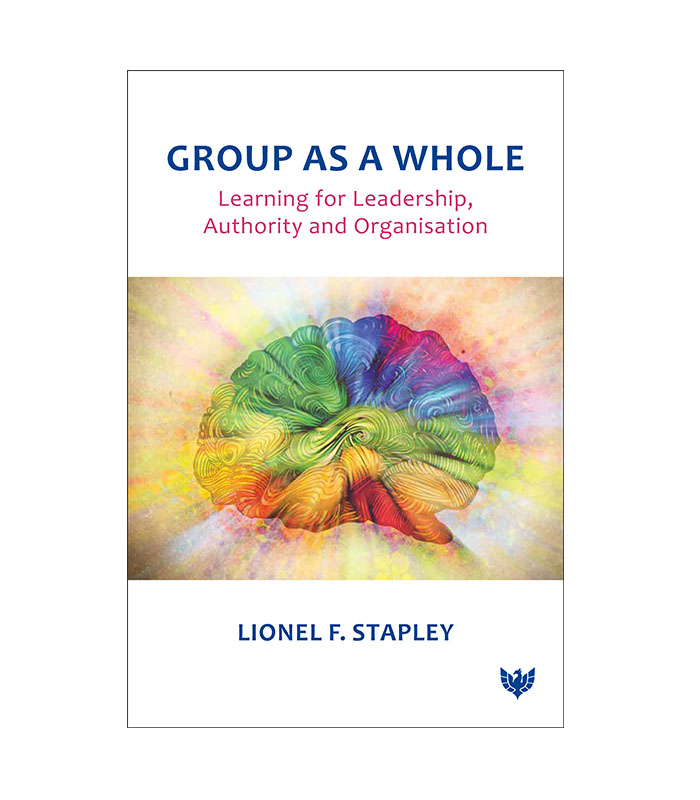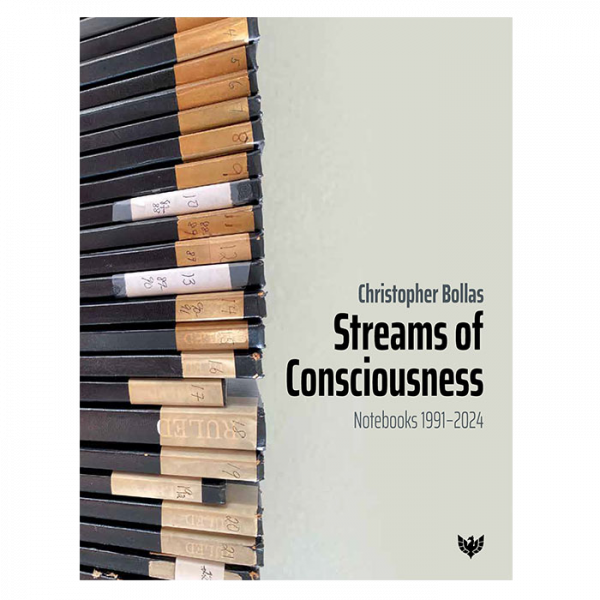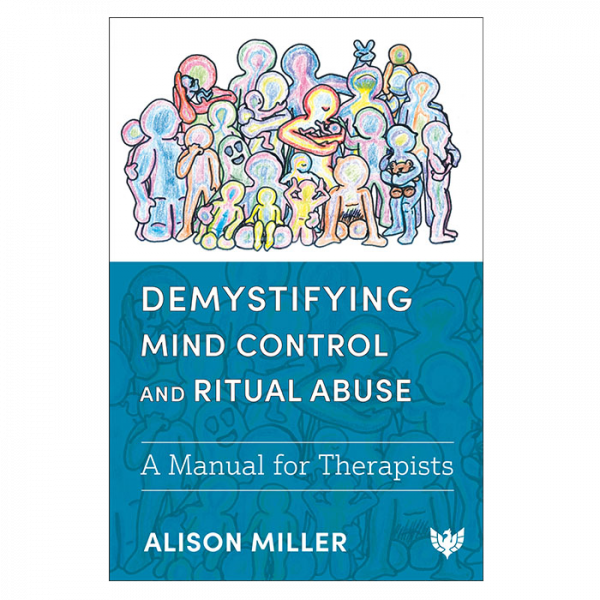The focus of this volume is on groups. The intention is to go beyond taking things at face value by going deeper and exploring the underlying, less evident phenomena concerning groups which occur beneath the surface. The more frequently used approach is to study the behaviour of individuals in a group to create an understanding of group behaviour. The approach taken here is to study groups from the perspective of the group as a whole, which provides a totally different perspective. Thus, while individual actions and relationships in groups is a valid field of study, the group as a whole is another level and unit of study.
The book begins with pre-conference activity, particularly the need for ‘authority’, and a discussion on the importance and understanding of the group as a whole. The subsequent chapters follow the usual structure of IGO group relations conferences (GRCs). The aim is to develop a deeper understanding of group relations learning. This is in no way a substitute for the vital learning from experiential opportunities provided by actual GRCs. By attending, we are able to learn from the way(s) we take up our roles or are mobilised by the group to take up roles, and to understand that our valency can result in us being used repeatedly in the same way. The learning is rich and valuable because it happens in the here and now in direct experience.
The book is the perfect guide to group relations conferences for experienced and novice participants alike to enhance their group relations learning experiences. It serves as an excellent introduction to GRCs for the novice and is ideal for those who have attended GRCs to explore their own experiences and emotions. The learning opportunities provide powerful insights to individuals and other group members. Everything that happens at a GRC is done for the learning of the members.





 Lionel Stapley is an internationally recognised author, fellow of OPUS, organisational consultant and psychodynamic and executive coach working with individuals, groups and organisations in both public and private sectors across the UK and Europe, as well as South America, China, Hong Kong, Russia, Slovenia, Poland, and Ghana, West Africa. He is also a commercially focused consultant, engaging with major public and private sector organisations at a senior level to help deliver their strategic objectives. He has a proven record of growing brand recognition and of successfully managing and developing the reputation of an international educational charity that seeks to encourage the reflective citizen. Lionel is also a Chartered Fellow of both the CIPD and the CIM and a member of the International Society for the Psychoanalytic Study of Organizations (ISPSO).
Lionel Stapley is an internationally recognised author, fellow of OPUS, organisational consultant and psychodynamic and executive coach working with individuals, groups and organisations in both public and private sectors across the UK and Europe, as well as South America, China, Hong Kong, Russia, Slovenia, Poland, and Ghana, West Africa. He is also a commercially focused consultant, engaging with major public and private sector organisations at a senior level to help deliver their strategic objectives. He has a proven record of growing brand recognition and of successfully managing and developing the reputation of an international educational charity that seeks to encourage the reflective citizen. Lionel is also a Chartered Fellow of both the CIPD and the CIM and a member of the International Society for the Psychoanalytic Study of Organizations (ISPSO).
Anton Obholzer, emeritus CEO, Tavistock and Portman clinics; organisational consultant, INSEAD and internationally –
‘The work is absolutely impressive. It covers the entire field of conscious and unconscious processes, which includes many useful descriptions of relevant dynamics. An admirable work which covers every possible manifestation of understanding institutions.’
Jinette de Gooijer, PhD, socioanalyst, past president, Group Relations Australia –
‘We are living in times of seemingly intractable conflict between and within nation states. Group relations in this context are marked by tribalism, polarisation, identity politics, scapegoating, and contempt for the Other. Learning about group relations and gaining deep understanding of the psychodynamics provoking extremist behaviours is as relevant now as when first initiated by the Tavistock Institute over seventy-five years ago. Lionel Stapley’s “group as a whole” four-day experiential workshop is an exemplary model for group relations learning. The book is a comprehensive manual on the theory and practice of the author’s IGO consulting model of group relations conferences. It is a welcome addition to the field and particularly useful for consultants wanting to develop their knowledge of consulting to experiential group relations events.’
Michael A. Diamond, PhD, Professor Emeritus, University of Missouri; distinguished member, International Society for the Psychoanalytic Study of Organizations (ISPSO) –
‘Lionel Stapley has written an illuminating book reflecting on his rich experience over the years of working with, and consulting with, groups and organisations. His book is as practical as it is analytic. Freud and Bion originally observed that group membership creates individual and group regression. What is described as a metaphorical return to primitive, infantile-like, group dynamics, which along with anxiety and ambivalence, produces not only a return to the primary group but revisiting earlier relationships, particularly a regression to the object of the mother. In sum, in consultation to groups and organisations, Stapley highlights focusing on the level of group itself, the idea of the “group as a whole”.’
Gerard van Reekum, Organisational and Social Dynamics –
‘I compliment Stapley for producing an illuminating syllabus for prospective staff, as a curriculum to accompany their process of exploring what their assumption of the role requires, intellectually and emotionally. […] Stapley’s achievement is commendable for his demonstrable sense of accountability vis-à-vis his peers, and his willingness to share ideas, knowledge, and experiences, even with those in environments governed by foreign value sets, to whom he generously introduces his model for a GRC.’
John Marsden MBACP (Snr Accred), senior lecturer in counselling and psychotherapy, ‘Therapy Today’, March 2025, Volume. 36:2 –
‘Stapley’s slim volume provides a fascinating account of a psychodynamic approach to the analysis of groups and group relations… All therapists and groupwork practitioners with psychodynamic learnings and those working with teams and organisations will find rich learning here.’